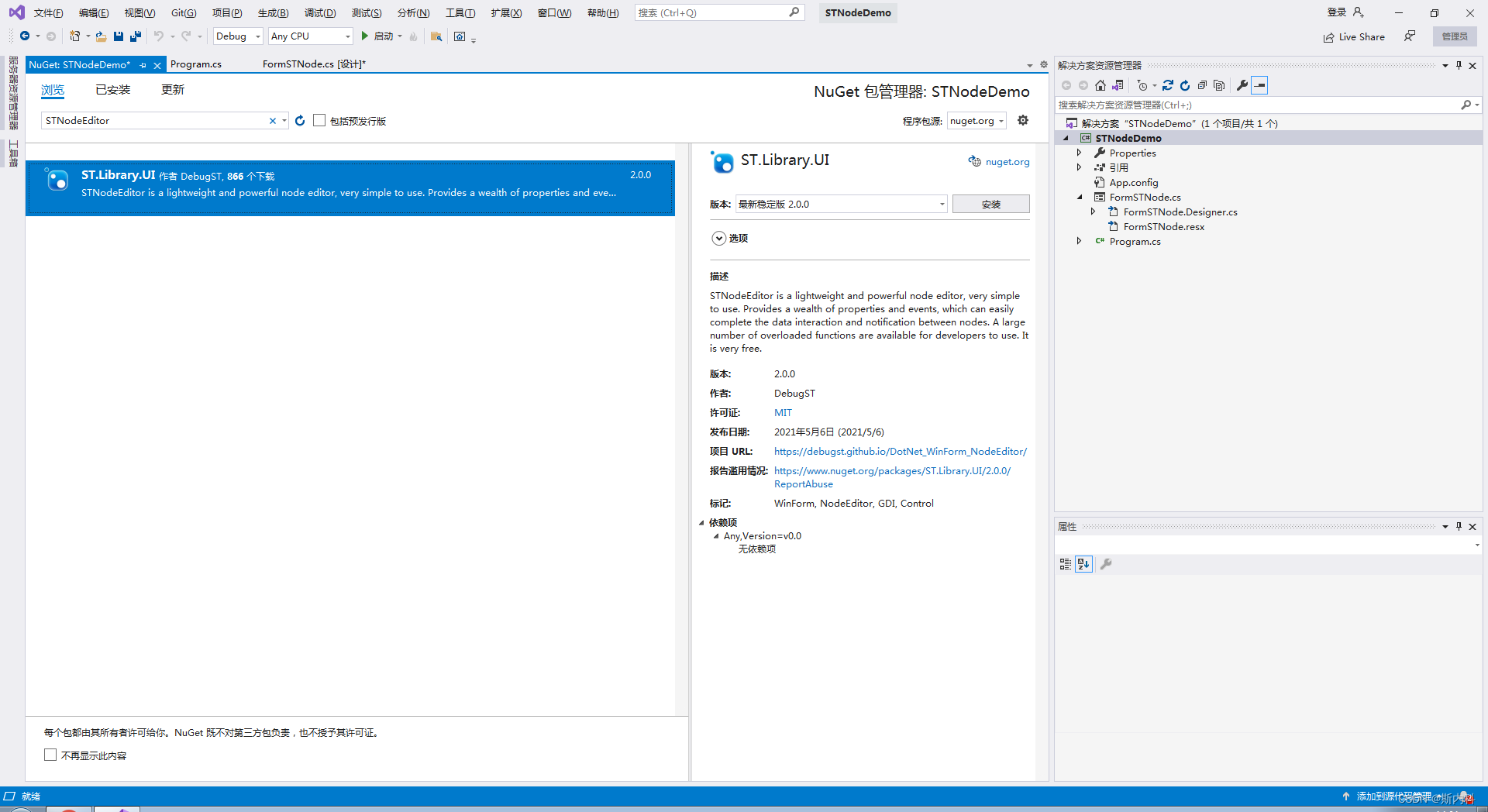在 Kotlin 中,委托属性是通过 by 关键字来实现的,但是这个语法只能用于类的属性而不是局部变量。委托属性通常用于类的属性声明中,例如:
import kotlin.reflect.KProperty
class Delegate {
private var storedValue: String? = null
operator fun getValue(thisRef: Any?, property: KProperty<*>): String? {
// 读取属性时的逻辑
return storedValue
}
operator fun setValue(thisRef: Any?, property: KProperty<*>, value: String?) {
// 写入属性时的逻辑
storedValue = value
}
}
class Example {
var property: String? by Delegate()
}
fun main() {
val example = Example()
example.property = "Hello, Kotlin!"
println(example.property)
}
,但是 委托定义是写在方法中,不是class 类中,setValue的thisRef永远是null。。
原文地址:https://blog.csdn.net/qq_28909387/article/details/134646682
本文来自互联网用户投稿,该文观点仅代表作者本人,不代表本站立场。本站仅提供信息存储空间服务,不拥有所有权,不承担相关法律责任。
如若转载,请注明出处:http://www.7code.cn/show_24482.html
如若内容造成侵权/违法违规/事实不符,请联系代码007邮箱:suwngjj01@126.com进行投诉反馈,一经查实,立即删除!
声明:本站所有文章,如无特殊说明或标注,均为本站原创发布。任何个人或组织,在未征得本站同意时,禁止复制、盗用、采集、发布本站内容到任何网站、书籍等各类媒体平台。如若本站内容侵犯了原著者的合法权益,可联系我们进行处理。




